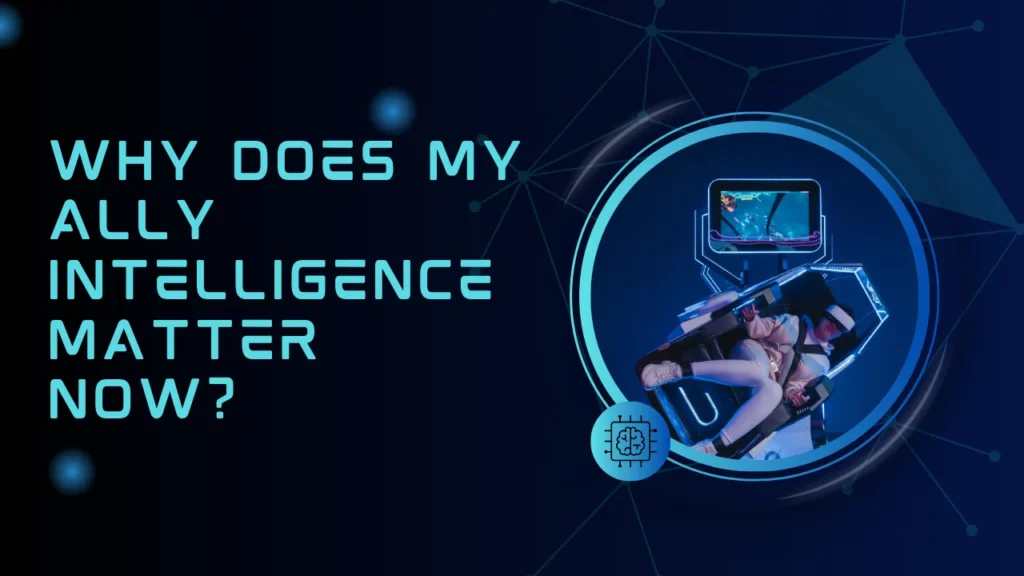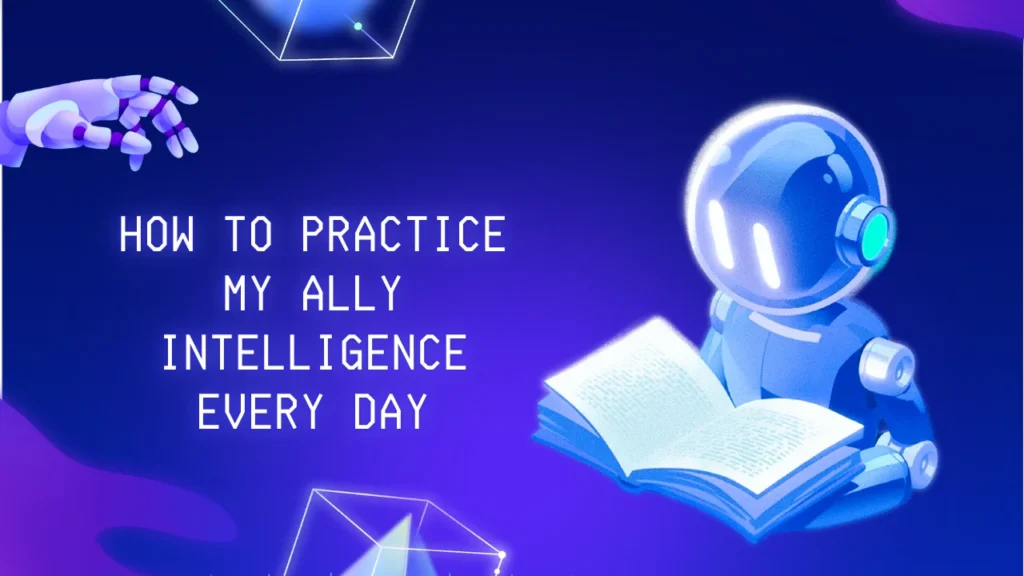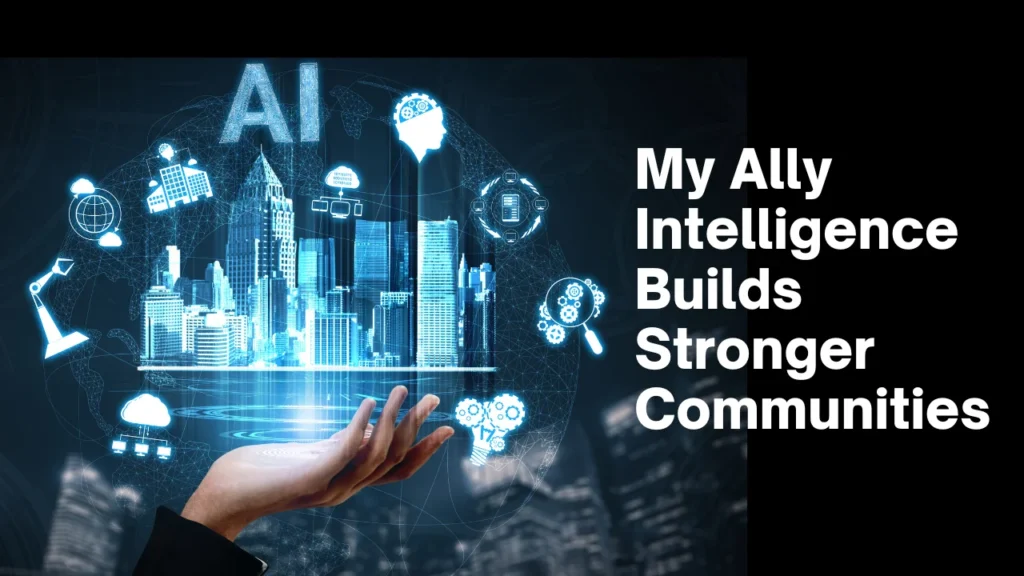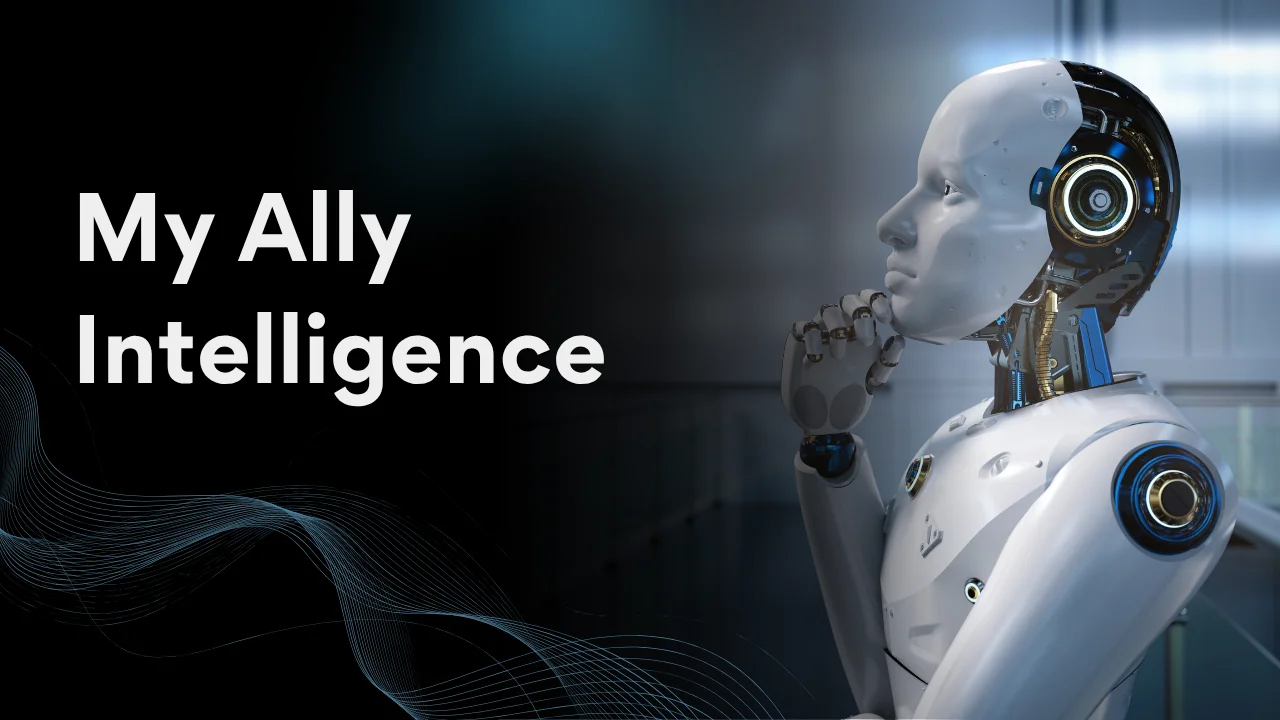In today’s world, the way we treat others matters more than ever. It’s not just about being nice—it’s about truly standing with people who face unfair treatment. This is where the idea of my ally intelligence comes in. It’s more than a buzzword. It’s a real skill that helps people make the world fairer, kinder, and stronger.
When we learn how to be allies, we open doors for others. We build trust, show support, and speak up when it’s needed most. In this article, we’ll explore what ally intelligence means, why it matters, and how you can grow it in everyday life.
Also Read: Increditools: Expert Analysis on Emerging Tech Solutions
What Is My Ally Intelligence?
Ally intelligence is the ability to support others with care, understanding, and action. It means you can see when someone is being treated unfairly. It also means you’re ready to help—not by speaking over them—but by standing beside them.
This intelligence is about more than knowledge. It includes:
- Empathy — understanding how someone feels.
- Courage — standing up even when it’s not easy.
- Awareness — seeing injustice when others ignore it.
- Action — doing something helpful, not just feeling sorry.
People with ally intelligence notice when someone is being left out, bullied, or judged. Then they act. That’s what makes it powerful.
Why Does My Ally Intelligence Matter Now?

Today, people are more connected than ever. We work, learn, and live with people from many different backgrounds. That’s exciting—but also challenging. Sometimes people are treated unfairly because of how they look, speak, or live.
This is where ally intelligence helps. It gives us the tools to make sure everyone feels safe and included. Ally Intelligence turns silence into support. It helps us use our voice—not to speak for others—but to create space for them to speak.
Ally intelligence also builds better relationships. It creates stronger teams, safer schools, and more fair workplaces.
Real-Life Examples of My Ally Intelligence
Understanding this idea is easier with real-world examples. Let’s look at a few:
A student in your class is teased for wearing different clothes. Instead of laughing, you sit beside them and treat them like a friend. That’s ally intelligence.
In a team meeting, one person is interrupted again and again. You politely ask the group to let them finish. That’s ally intelligence.
On social media, someone posts a mean comment about a person’s race. You report it and leave a kind reply to show support. That’s ally intelligence too.
Key Skills That Show You Have Ally Intelligence
If you want to build ally intelligence, there are a few core skills you can focus on. These skills help you notice, think, and act in ways that support others.
| Skill | Description |
|---|---|
| Listening | You pay attention when others speak and try to understand their view. |
| Empathy | You care about how others feel, even if their life is different from yours. |
| Bravery | You speak up when something is wrong, even when it’s uncomfortable. |
| Respect | You let others lead and don’t take over the moment. |
| Reflection | You think about your actions and ask, “Did I help, or could I do better?” |
How to Practice My Ally Intelligence Every Day

You don’t need a special degree to be a great ally. You just need an open heart and a clear goal. Here are simple ways you can build your ally intelligence each day:
Start by listening more. Give others time to speak. Don’t jump in or change the topic too fast.
Learn about other people’s experiences. Read books. Watch videos. Follow people who are different from you.
If you hear a hurtful joke or comment, speak up. Say, “That’s not okay,” in a kind but strong voice.
Invite people in. If someone looks left out, ask them to join your group or conversation.
Say sorry if you make a mistake. Everyone messes up sometimes. What matters is learning and trying again.
Also Read: Coyyn: Empowering the Digital Economy with Financial Innovation
The Power of Ally Intelligence at Work
Workplaces are often stressful. People need to feel respected to do their best. That’s why many companies are training their teams to grow ally intelligence. It helps everyone feel safe, heard, and included.
People with ally intelligence often help coworkers feel welcome. They notice when someone is struggling. They call out unfair treatment and speak kindly to people who are different from them.
Managers also use ally intelligence to lead fair and happy teams. They promote people based on skills, not just who they know. They make sure everyone has a voice in meetings.
Ally Intelligence Online
The internet can be a hard place. People often say things online that they would never say in person. But you can still be an ally here.
If someone is being bullied online, report it. Send them a message to show support. Share helpful content that teaches others about kindness and fairness.
If you have a platform—even a small one—use it to lift up others. Share their work. Celebrate their wins. Help their voices be heard.
Ally intelligence is just as powerful online as it is offline.
Challenges You Might Face
Being an ally isn’t always easy. Sometimes you’ll feel unsure. You might be afraid to say the wrong thing. Other times, people may not thank you. That’s okay.
Here are some common problems and how to handle them:
| Challenge | What You Can Do |
|---|---|
| Fear of saying the wrong thing | Ask questions. Be open to feedback. Don’t stop learning. |
| Worry about being judged | Focus on doing what’s right, not what’s popular. |
| Not sure how to help | Just ask, “How can I support you?” |
| Being called out for a mistake | Apologize. Learn. Try again. |
Even when it’s hard, stick with it. Growth takes time. Your support matters.
Famous Figures Who Showed It
There are many leaders and everyday heroes who showed great ally intelligence. They changed the world by standing with others, not above them.
- Martin Luther King Jr. stood with people facing racism and called for peace.
- Rosa Parks refused to give up her seat, standing up for her rights.
- Malala Yousafzai spoke up for girls who were denied school.
- Greta Thunberg uses her voice for climate justice and those most affected by it.
These people remind us that ally intelligence has the power to inspire change.
My Ally Intelligence Builds Stronger Communities

Communities are stronger when everyone feels safe and respected. Ally intelligence helps build that kind of world.
When people feel seen and supported, they work better, live happier, and share more. They know someone has their back. That kind of trust builds neighborhoods, classrooms, and offices that feel like home.
One small action can change someone’s whole day. Or even their whole life.
The Role of It in Social Media
Social media can be a space of both connection and harm. People with strong my ally intelligence can use these platforms to spread good messages, support causes, and protect others.
You can repost helpful stories, join online events, or just message someone who is feeling down. When someone is targeted or bullied, you can report the post and show support in the comments.
Online allyship is real. A simple message of support can make someone feel valued and less alone.
How Schools Can Teach It
Kids are smart and kind. They can learn how to be great allies early. Schools can help by talking about fairness, kindness, and respect.
Teachers can use stories that show different kinds of people. They can lead class talks about how to treat others. They can praise students who stand up for someone else.
Parents can help at home too. Talk about kindness during dinner. Show ally behavior in your actions. Children often copy what adults do.
Teaching it young helps raise a better future.
Also Read: Simpcitu: The Future of Web Design
Final Thoughts
In a world full of noise and division, my ally intelligence brings people together. It teaches us how to care, how to act, and how to grow. It gives us the power to make a real difference, not just for ourselves—but for everyone around us.
Being an ally doesn’t mean being perfect. It means being present. It means learning, listening, and standing up when others need you.
You have the power to make someone feel safe, seen, and supported. Every kind word, brave step, Every choice to care.
That’s the true power of it.
